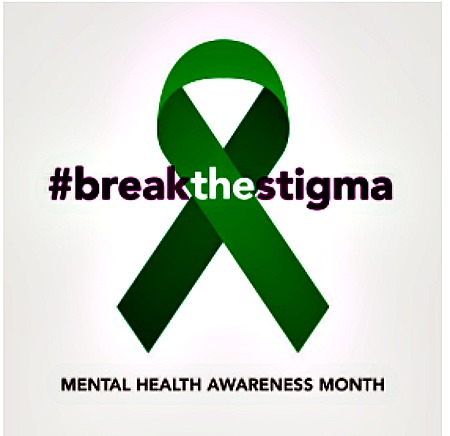The realm of education continues to demand more and more of our students, as they prepare to enter a workforce that mirrors this demand. Now more than ever, our students are feeling immense pressure to excel academically to meet the standards required of them.
In a recent article on NPR, Here’s How Schools Can Support Students’ Mental Health, the likeliness of students having a mental health condition was emphasized. Despite the large number of students in the U.S. being affected by mental health disorders, many schools aren’t equipped to support these students effectively due to lack of funding, lack of preparation or time within the school day.
With May being Mental Health Awareness Month, here are some ways that educators everywhere can show support for students being impacted by mental health needs:
- Work to destigmatize mental health.
With more awareness being created around the mental health needs of our students, we need to work together to change the narrative around these issues. For example, we need to call attention to the benefits of mental health counseling within schools and create an environment in which the students who benefit from this service feel welcomed and supported, not outed for having this need. We need to normalize having feelings in order for students to feel comfortable learning the skills to process them.
- Invest in resources necessary for mental health.
Every educator knows that students walk into the classroom carrying conversations or other potential sources of stress, many of which are experienced before the student arrives at a desk each morning. In order to address the mental health needs of students as they walk into the door each morning, Roses in Concrete, a K-8 charter school in Oakland, California, mental health counselors are on standby in order to support any student who might need it. If support staff are able to address these needs in students before the school day begins, learning and engagement are facilitated for the rest of the day. In order to promote the holistic health and well being of students, we need to invest more funds into providing them with the resources to do so.
As educators, we are all too familiar with endless to-do lists. All of us, in some way or another, work to support mental health for our students within the daily scope of our jobs. It is important and truly necessary that we simultaneously work to take care of our own mental space and wellbeing in order to be able to do the same for our students. Too often the words “self care” are thrown around for educators, but let this month serve as a reminder of the importance of this in our daily lives. Let us commit to doing something small, daily, to meet our needs, in order for us to be able to better meet the needs of our students who we serve daily.
Daniela Felix
Latest posts by Daniela Felix (see all)
- The Importance of Mid Year Data for Teachers, Students, and Families - December 18, 2019
- Las Familias Deben Participar en la Mejora de los Resultados de las Pruebas SBAC de California - December 10, 2019
- La Guia de los Aprendices de Inglés de California es un Recurso Útil para los Maestros - December 4, 2019
- California’s English Learner Roadmap Is a Helpful Resource for Teachers - December 2, 2019
- Families Need To Be Involved in Improving California’s SBAC Test Results - November 27, 2019

